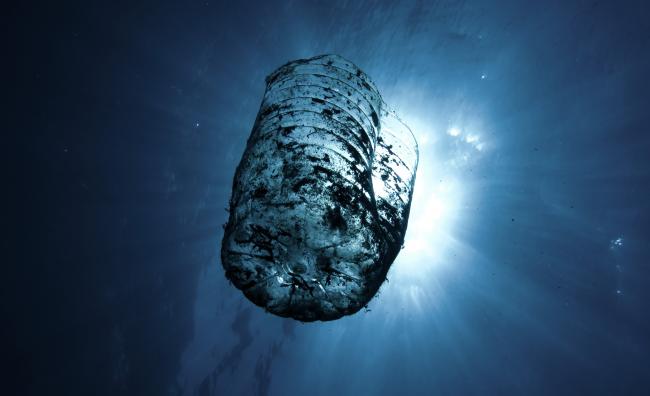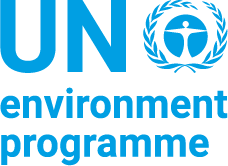Amidst growing urgency to stem the transboundary tide of marine litter and plastic pollution, delegates from around the world gathered in person and online on Wednesday for the first of a two-day meeting on this issue. The goal of this government-led Ministerial Conference, co-convened by Ecuador, Germany, Ghana and Viet Nam, is to keep the topic of marine litter and plastic pollution high on the political agenda ahead of the resumed fifth session of the UN Environment Assembly (UNEA 5) in 2022. Specifically, the co-conveners aim to “build momentum and political will to advance a coherent global strategy to end marine litter and plastic pollution.” The co-conveners hope to conclude these informal consultations with a ministerial statement calling on UNEA to initiate negotiations of a new global instrument that will complement existing mechanisms and initiatives to address this critical issue.
In the three-hour opening session, delegates listened to opening statements from a wide range of leaders from governments and international organizations involved in this work, acknowledging the scope of the problem and setting the scene for immediate and future discussions on the best ways to address this complex global challenge.
Interventions highlighted the systemic nature of this problem, with many participants underscoring the need for cross-sector collaboration to effectively address the drivers of these issues. Several participants urged addressing the full lifecycle of plastics, including production, consumption and disposal. For example, representatives of the World Trade Organization (WTO) highlighted the inextricable relationship between environment and economics, outlined ongoing initiatives within the WTO to begin addressing problems with plastic pollution, and underscored the opportunity for strengthening collaboration with other organizations and stakeholders.
Others highlighted that the transboundary nature of this challenge requires strategic coordination at the international level, with the aim of filling gaps in the existing framework of multilateral institutions. Several underscored that close collaboration with existing bodies and policies at the international and national levels will be essential for success.
In the discussion on the draft ministerial statement, several delegates signaled their support for the establishment of an intergovernmental negotiating committee to begin discussions on a new global agreement on marine litter and plastic pollution. Several called for the ministerial statement to include language related to capacity building, technology transfer and financial assistance for developing countries. Others noted the importance of the principle of common but differentiated responsibilities for the effective implementation of the new agreement.
Many underscored the urgent nature of the problem, calling for swift and ambitious action to address this complex global crisis.
Discussions will continue on Thursday, 2 September 2021.
To receive free coverage of global environmental events delivered to your inbox, subscribe to the ENB Update newsletter.











